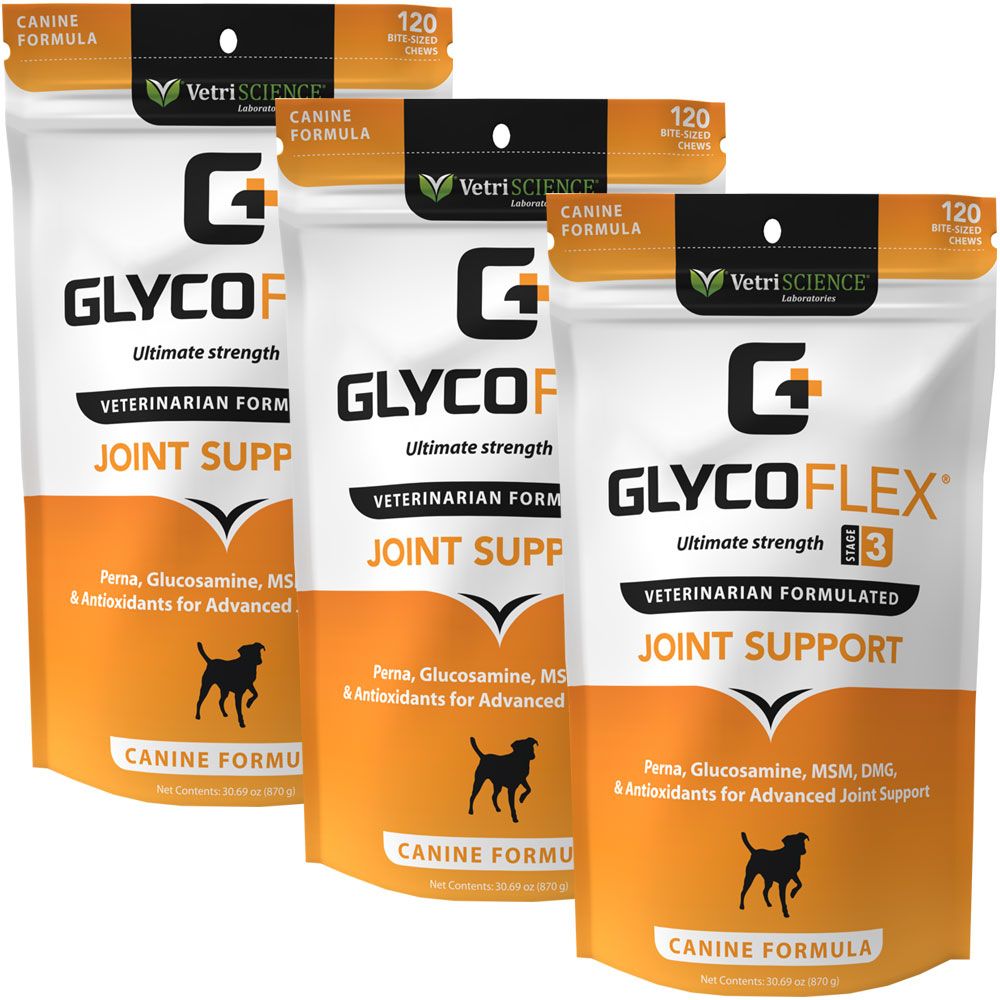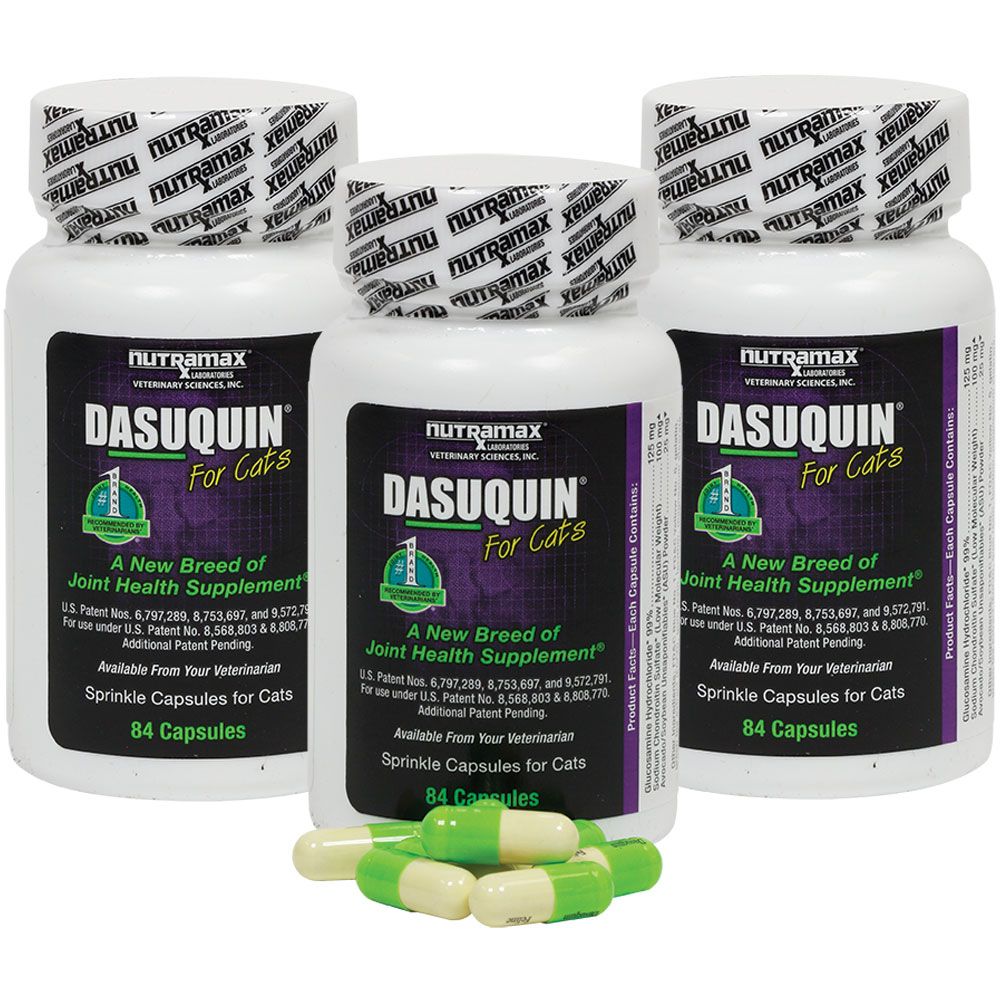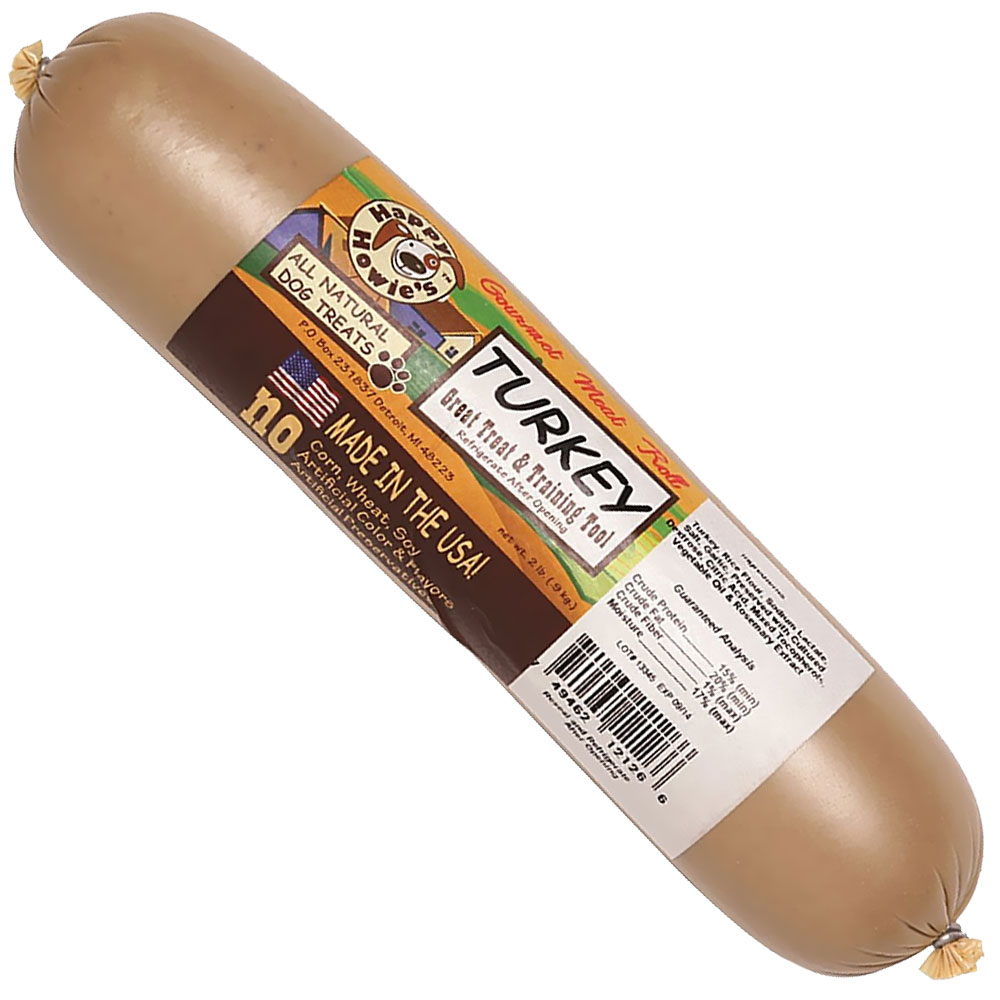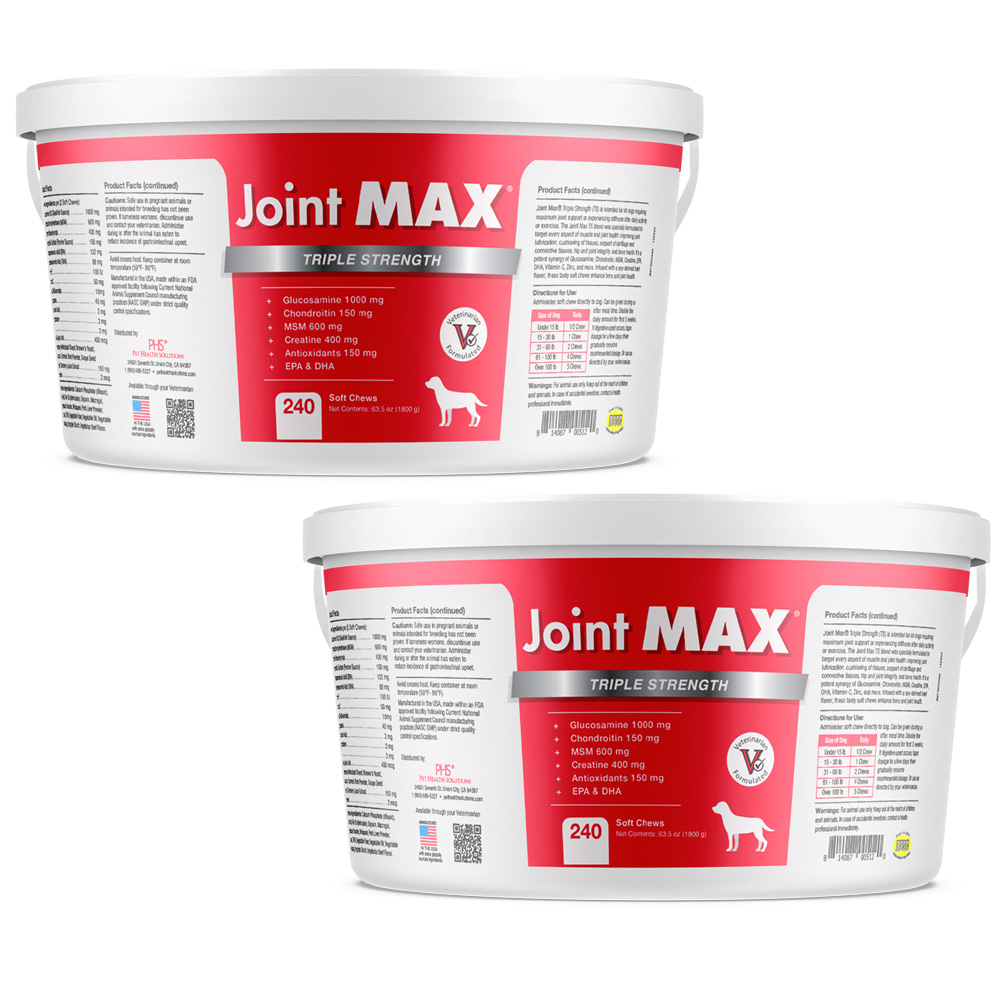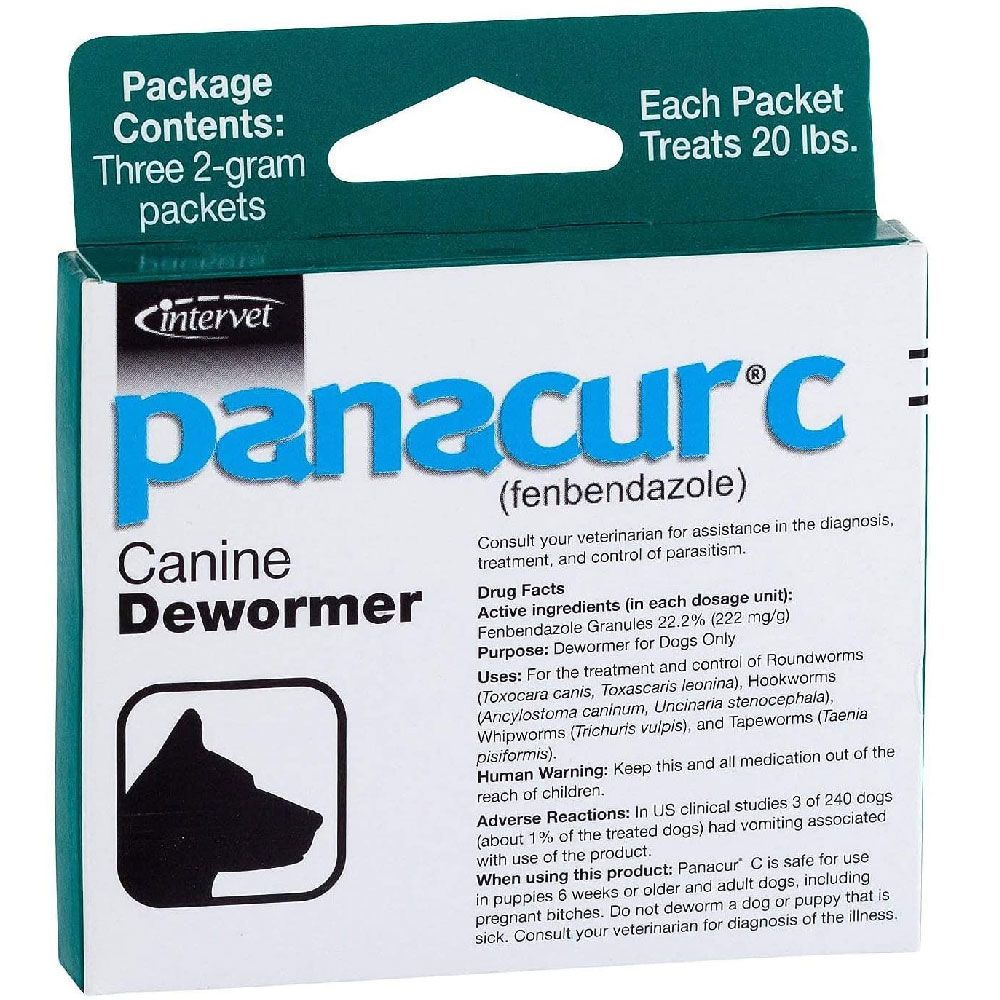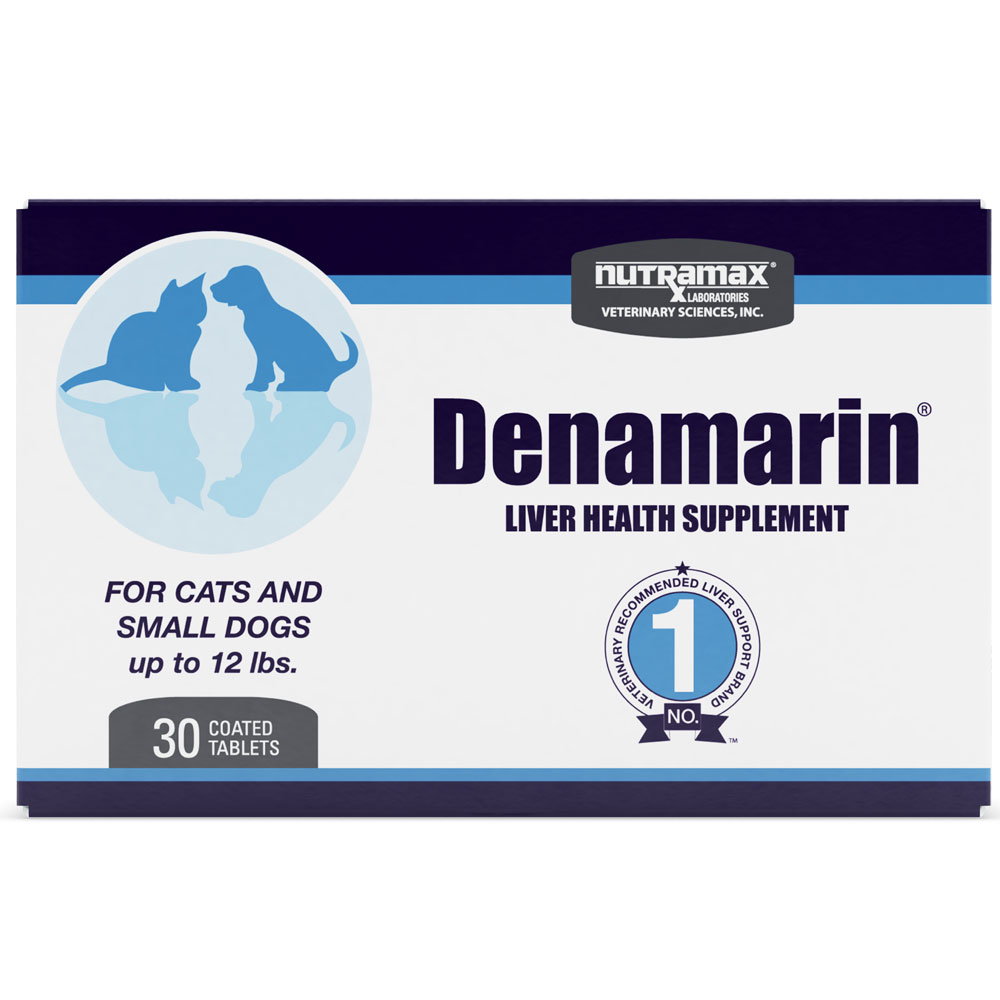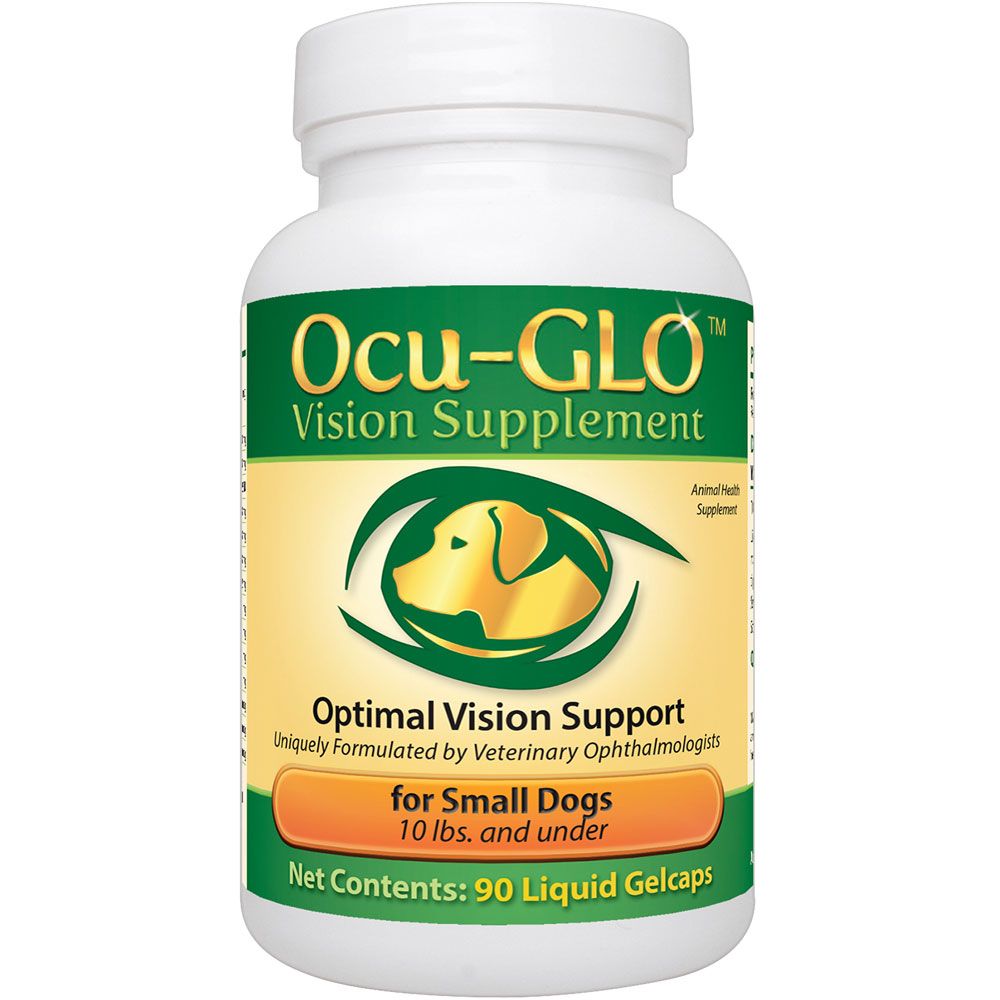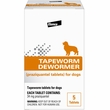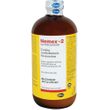Panacur C Canine Dewormer (1 Gram)
Description
It is available as 1 gram, 2 gram, and 4 gram powder packets. The usual dose is one packet, based on weight, given once a day for 3 consecutive days. The medication can be mixed with a small amount of the animal's usual food. Dry dog food may require slight moistening to allow for proper mixing. Medicated food must be fully consumed to be effective.
Drug Facts
For:
All Dogs (6 weeks and older)Active ingredients (in each dosage unit):
Parasites Treated:
Human Warning: Keep this and all medication out of the reach of children.
Adverse Reactions: In US clinical studies 3 of 240 dogs (about 1%) had vomiting associated with use of the product.
GTIN-12 (UPC): 0 21784 47011 7
GTIN-14: 00021784470117
Safe-Guard includes Fenbendazole the same active ingredient as Panacur-C
Panacur C: Canine Dewormer is a registered trademark of Intervet Inc., d/b/a Merck Animal Health, a subsidiary of Merck & Co. Inc.
Useful Information
Panacur C is FDA approved for use only in puppies 6 weeks of age or older and
adult dogs, including pregnant bitches. The usual dose for dogs, based on weight
using the chart below, is given once a day for 3 consecutive days. The
medication can be mixed with a small amount of the animal’s usual food. Dry dog
food may require slight moistening to allow for proper mixing. Medicated food
must be fully consumed to be effective.
Directions: The daily dose of Panacur® C is 50 mg/kg (22.7 mg/lb) of body weight. Please refer to the following dosing table to help in finding the right dose for your dog.
Dosing Table
| Dog Weight | Packet Size |
| 10 pounds | 1 gram |
| 20 pounds | 2 gram |
| 30 pounds | 1 gram + 2 gram |
| 40 pounds | 4 gram |
| 50 pounds | 1 gram + 4 gram |
| 60 pounds | 2 gram + 4 gram |
| 80 pounds | Two 4 gram |
| Over 80 pounds | Use combinations to obtain recommended daily dose. |
Diagnosis of Parasites: Specific diagnoses require laboratory testing. Consult your veterinarian for help in the diagnosis, treatment, and control of parasitism. Dogs can become infected with several different kinds of tapeworms. Panacur® C only kills Taenia species of tapeworms. If you continue to see tapeworm segments in your dog's stool after treatment with Panacur® C, consult your veterinarian.
Recommended Deworming Schedule: Deworming schedules may vary depending on the climate where you live and the activity of your dog. The following schedule should be used as general guidance. Newly weaned pups (6 to 8 weeks of age) should be dewormed at 6, 8, 10 and 12 weeks of age. Treat the dam at the same time as the puppies. Dogs over six months of age should be dewormed at least twice each year. Each deworming requires 3 daily treatments.
Caution: This medication should not be used in animals allergic to it. Do not deworm a dog or puppy that is sick. Consult your Veterinarian for the diagnosis of the illness. Because humans can contract roundworm, hookworm and tapeworm from pets, it is important to maintain good personal hygiene. It is also important to eliminate fleas on the pet and in the household and to not feed the pet rodents or uncooked meat or fish. To prevent reinfection, daily cleanup of stools is recommended.






